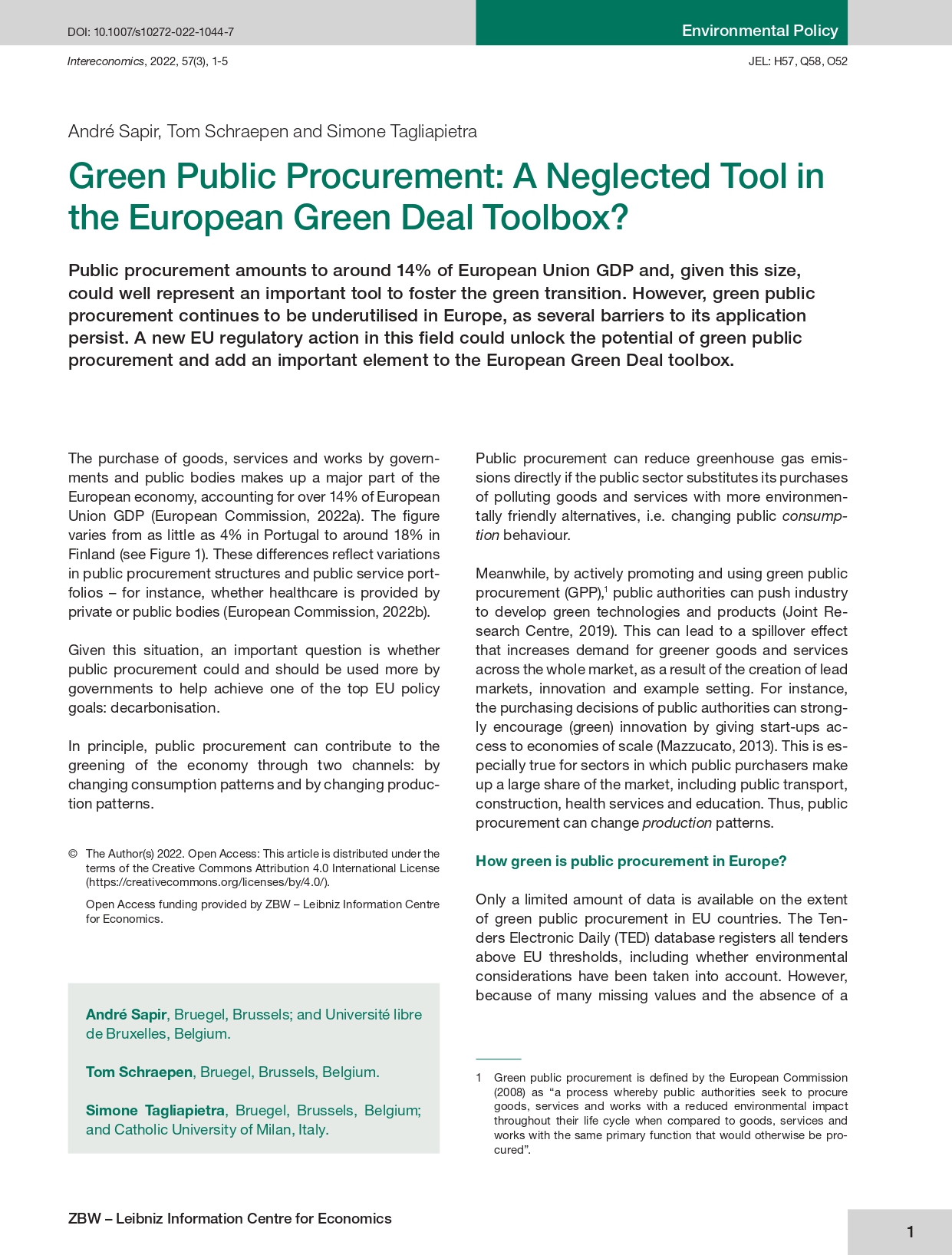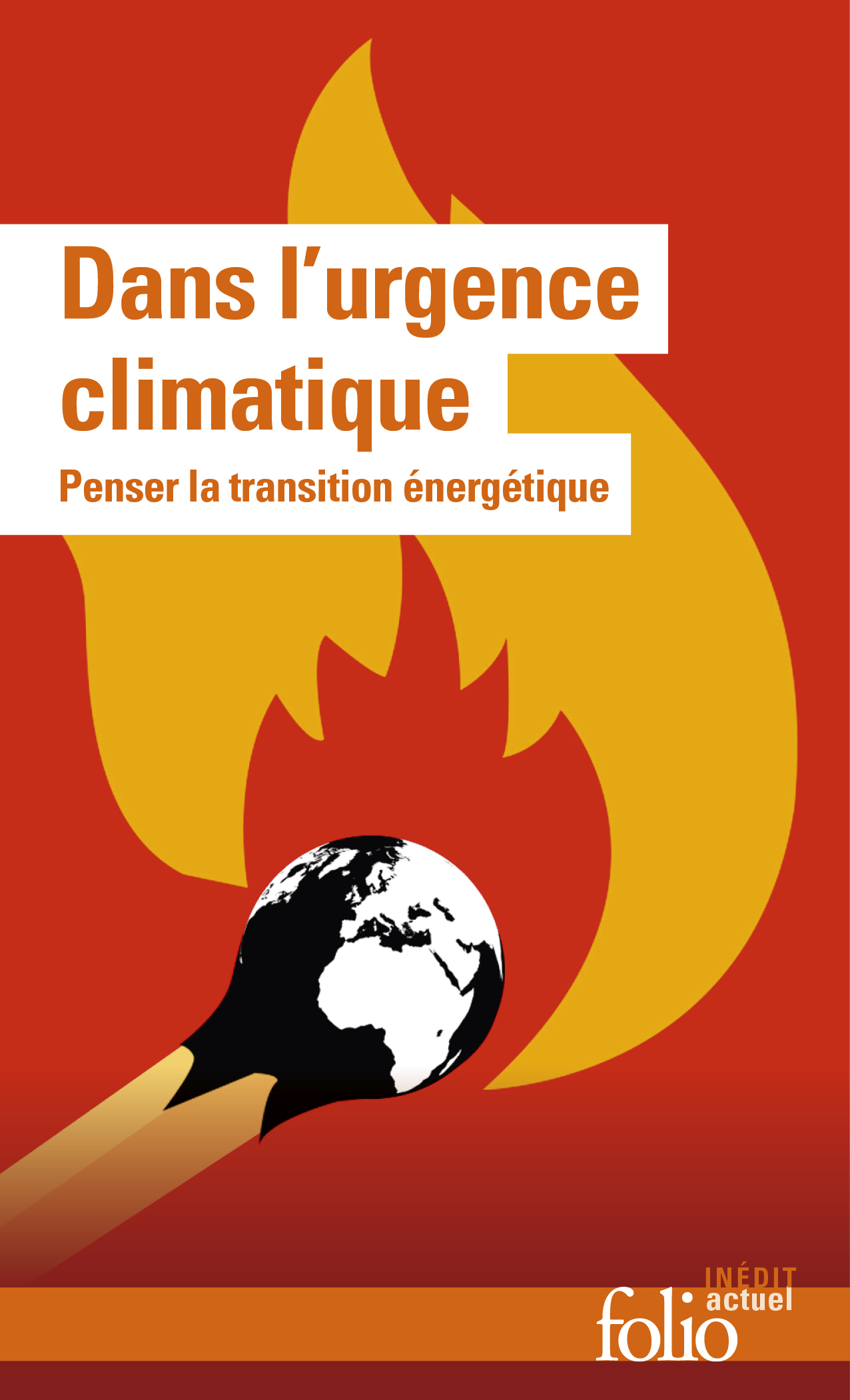Blog Post
Unpacking President von der Leyen’s new climate plan
European Commission President Ursula von der Leyen has set a new destination for EU climate policy: a 55% emissions reduction by 2030. This is a good and necessary step on the way to climate neutrality by 2050, but getting there will not be easy, and Europe should prepare for a bumpy road ahead.
This blog piece has also been published in modified versions in the Corriere della Sera, in El Economista, in the Financial Times, and in the Handelsblatt.
![]()

During her first State of the Union speech, European Commission President Ursula von der Leyen confirmed a widely expected move: the scale-up of the EU’s 2030 climate target to “at least 55%” compared to 1990. This is a central pillar of the flagship proposal of her Commission: the European Green Deal.
The target needs the approval of both the European Parliament and the European Council but this is likely to go through pretty smoothly. Some European Parliament lawmakers would go even further than 55% – even as high as 65%. Less enthusiastic is likely to be the position of certain countries composing the European Council, but the 55% target is most likely ultimately to receive prompt approval.
From a climate action standpoint, this represents good news. Climate science has made it clear that reaching climate neutrality by 2050 is the only realistic way to keep the global temperature rise below 1.5°C compared to pre-industrial levels, and thus to protect the planet from the most dramatic impacts of climate change. Raising the EU’s 2030 climate target from 40% to 55% is a necessary step to get there.
The 55% target will also send a clear signal to market players about the irreversibility of the EU’s climate trajectory. This is important for shaping expectations and influencing companies’ and investors’ decisions and consumers’ choices.
The 55% target might also have positive global implications. In 2021, Paris Agreement signatories must present at the Glasgow climate conference (COP26) their updated emissions reduction plans for 2030 (nationally determined contributions, NDCs, in climate jargon).
However, the Union must be aware that this is a long journey, and the road ahead will not necessarily be smooth.
The EU will have to unleash a torrent of new climate and energy legislation to align its tools with the 55% target. The emissions trading system (ETS), the effort sharing regulation (ESR) for non-ETS emissions and the energy taxation directive will have to be reformed. Reform of the ETS is also increasingly seen as a way of raising resources so the EU can repay the €750 billion it will borrow for its coronavirus recovery fund. Major challenges will include how to cut the number of ETS allowances given out for free (a concern for industry), how to deal with transport (inclusion in the ETS versus national taxation), how to use ETS revenues (EU own resources versus national green investments and mitigation of the distributional effects of climate policy), and how to design a functional carbon border adjustment mechanism.
EU legislation on renewable energy and energy efficiency will also need a substantial upgrade. Current EU 2030 targets for renewable energy and energy efficiency (respectively, a 32% share of final energy consumption, and a 32.5% improvement against a baseline) will only deliver a greenhouse gas emissions reduction of 45% by 2030. The EU must find ways for its countries deliver on higher targets in the absence of nationally binding commitments, and for private investment to be really unleashed (one example is simplification of permitting procedures for renewables). Other important areas of EU legislation, including transport and agriculture, will have to be upgraded to push the decarbonisation of sectors.
This quick overview of the raft of EU legislative action required illustrates how pervasive deep decarbonisation will be. To meet the necessary climate targets, decarbonisation policies will have to touch every single corner of our economies. Furthermore, it should be stressed that these issues have all been long argued over, and progress in some areas will continue to be uphill battles.
Finally, possibly the most difficult point is economics. President von der Leyen refers to the European Green Deal as ‘Europe’s new growth strategy’. The Commission has backed-up the 55% target with an impact assessment suggesting emissions cuts will foster economic growth and jobs in Europe. However, the economic and social implications of a steeper decarbonisation pathway are, in reality, still not clear. No one really knows how to turn decarbonisation into an industrial opportunity for Europe. We do not really know how to fully address the inevitable distributional effects of climate policy.
Getting the economics of deeper decarbonisation right is vital to keep the process unfolding, because decarbonisation will either be economically viable and socially supported, or it will not. Being the global frontrunner on climate, Europe will be the first to face these major questions. It thus has the responsibility – but also the opportunity – to develop a new economic model for decarbonisation, notably based on a workable green industrial policy and on functional just transition and climate equality schemes.
Republishing and referencing
Bruegel considers itself a public good and takes no institutional standpoint. Anyone is free to republish and/or quote this post without prior consent. Please provide a full reference, clearly stating Bruegel and the relevant author as the source, and include a prominent hyperlink to the original post.












